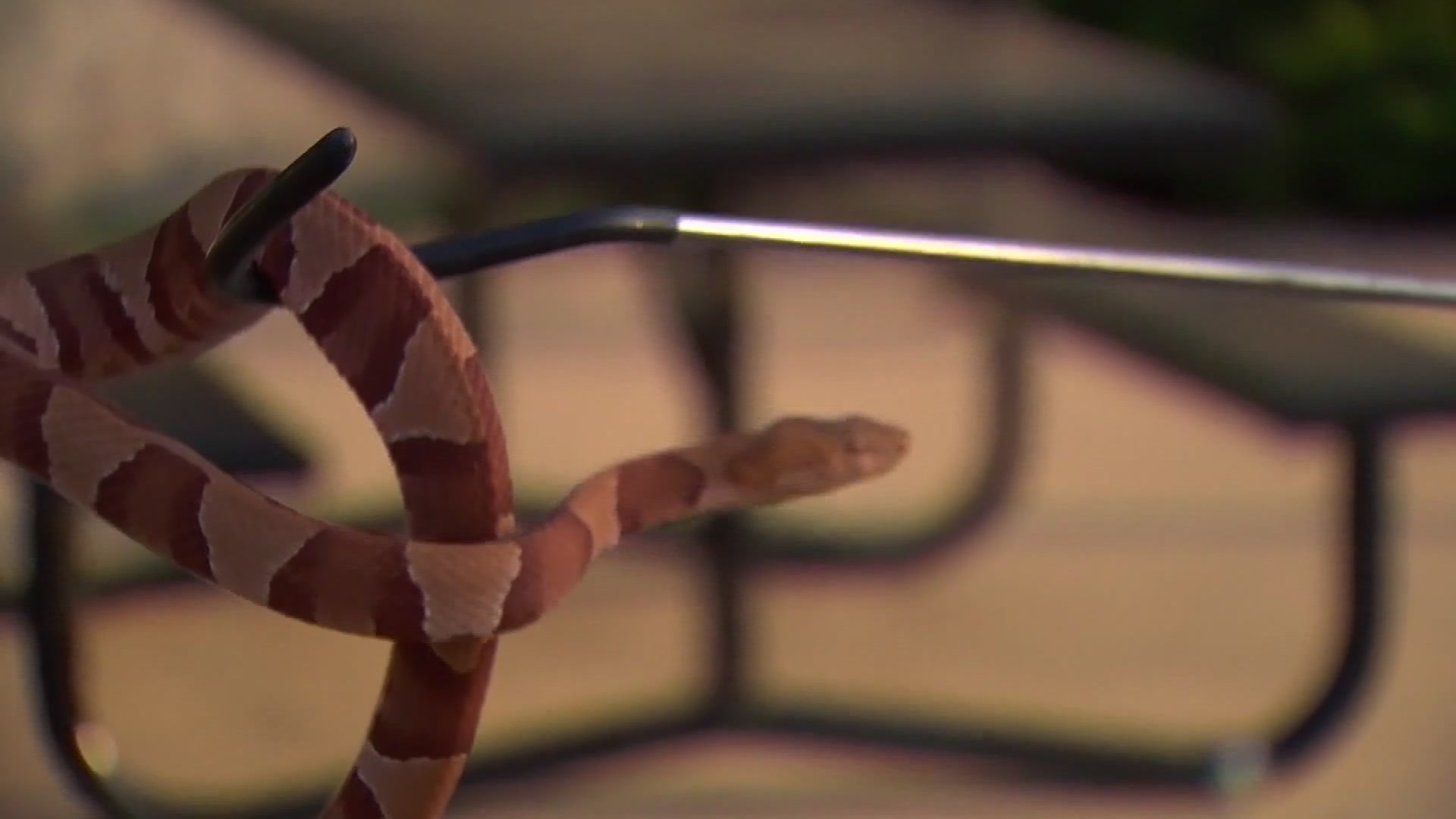Texas' highest criminal court gave a reprieve Monday to a convicted murderer who had been scheduled to be executed this week, saying it needs time to review changes to a state law that his attorneys contend clear the way for new DNA testing in his case.
Henry Watkins Skinner, 49, was scheduled to die on Wednesday for the New Year's Eve, 1993 slayings of his girlfriend and her two adult sons at their home in Pampa, a Texas Panhandle town about 55 miles northeast of Amarillo.
"We find that it would be prudent for this court to take the time to fully review the changes in the statute as they pertain to this case," the state's Court of Criminal Appeals said in a four-paragraph ruling.
Skinner, his legal team and capital punishment opponents had insisted prosecutors' opposition to additional DNA testing could lead to the execution of an innocent man. Skinner would have been the 13th inmate given lethal injection this year in Texas, which is the nation's busiest death penalty state.
"The Court of Criminal Appeals, with its decision today, has ensured that Mr. Skinner's request for DNA testing will receive the thorough and serious consideration it deserves," Rob Owen, Skinner's lead appeals attorney, said in a statement emailed by his office. "We are grateful for the Court's action and look forward to the opportunity to make Mr. Skinner's case for DNA testing in that forum."
Owen had asked the court to not rule "on the fly."
Prosecutors say Skinner's appeals are ploys to stall his punishment, and that his claims about the evidence aren't new and that the courts have already decided the issue.
Local
The latest news from around North Texas.
The Texas attorney general's office, which has been fighting Skinner's appeals, had no comment on Monday's ruling.
Skinner came within an hour of execution last year before the U.S. Supreme Court stopped his scheduled injection to consider his federal civil rights suit in which he contends that prosecutors improperly were withholding evidence he wants tested. The high court eventually ruled he could sue to seek the evidence but never addressed whether prosecutors had to hand it over. Two weeks ago, a federal magistrate recommended any action on that suit be put on hold until the state courts rule in his case.
Skinner's lawyers argued to his trial court that another man, a now-deceased relative of the victims, or some unknown intruder "might well have been the real murderer" and questions about the evidence "raises the level of doubt to full-scale alarm that the jury's verdict may very well have been wrong."
The trial court last week rejected the arguments and his attorneys took their case to the Court of Criminal Appeals, which has twice turned down similar requests for additional DNA tests.
Skinner's attorneys contend circumstances now are different, however, because the Texas Legislature passed a law that allows an offender to request DNA tests on evidence even if his defense trial strategy was to refuse the testing. That was the tactic at Skinner's 1995 trial where his lawyers feared additional testing would add to an already strong prosecution case against him.
Prosecutors maintain the new law, which took effect Sept. 1, doesn't apply to Skinner.
Skinner's attorneys also complained in their appeal that the brief order from the trial court denying their request for new testing was insufficient to allow a meaningful appeal.
The Court of Criminal Appeals agreed, saying the trial court failed to enter its legal determinations. The judges gave the lower court 15 days to comply and said the entire court record should be forwarded to them within 30 days.
Skinner was condemned for the death of his girlfriend, 40-year-old Twila Busby, and her sons Elwin "Scooter" Caler, 22, and Randy Busby, 20. The victims were strangled, beaten or stabbed at their home.
About three hours after their bodies were discovered, police found Skinner in a closet in the home of a woman he knew. Tests showed he had the blood of at least two of the victims on him, and authorities said a blood trail led police from the bodies to his hiding place a few blocks away.
Skinner doesn't dispute that he was inside his girlfriend's home, but he has insisted he couldn't be the murderer because he was passed out on a couch from a mix of vodka and codeine.



